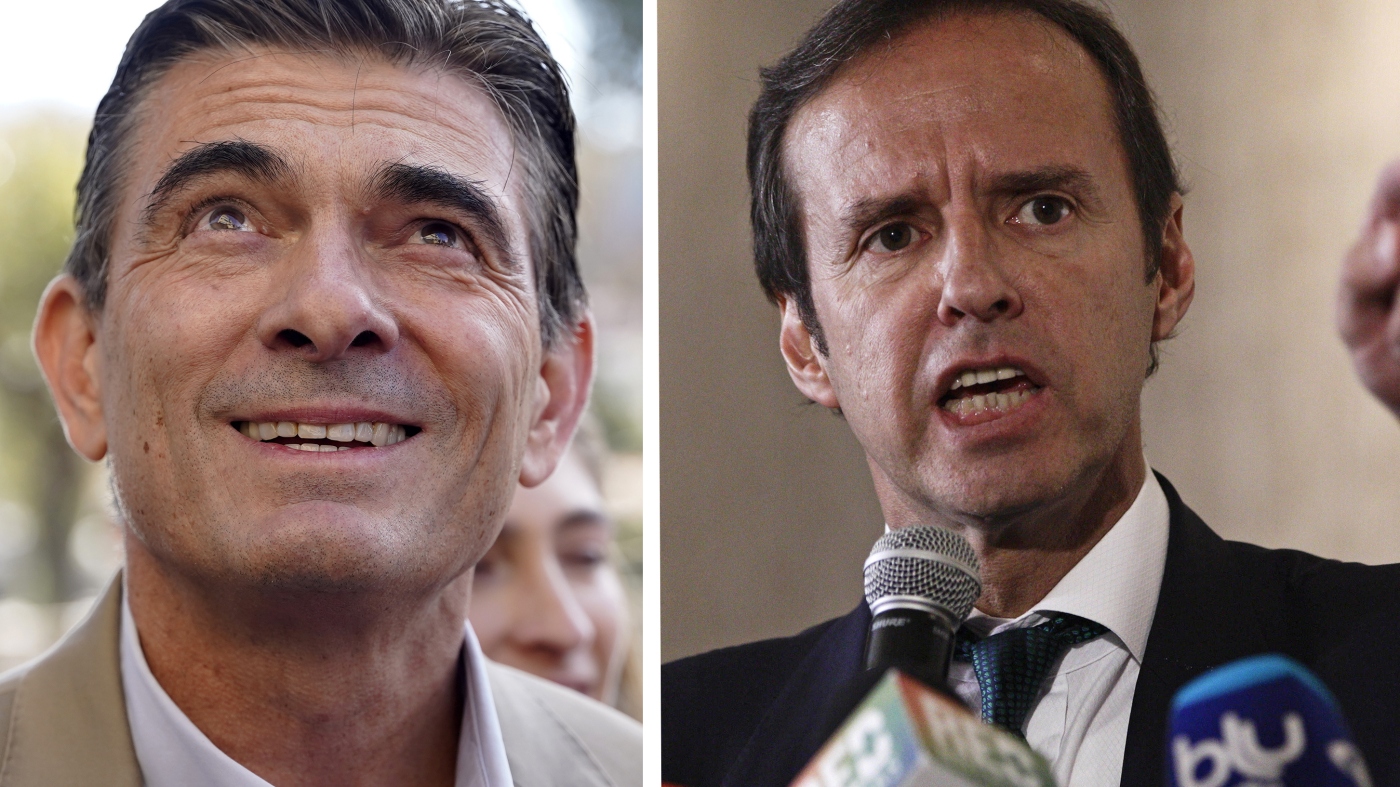UPDATE: Bolivia’s presidential election is heading to an unprecedented runoff, marking a dramatic shift in political dynamics. In a vote held on Sunday, voters signaled their concerns about a major rightward shift, as centrist candidate Rodrigo Paz outperformed leading right-wing contenders but fell short of an outright victory.
With over 91% of ballots counted, Paz, a former mayor, garnered 32.8% of the votes, while right-wing ex-President Jorge “Tuto” Quiroga secured 26.4%. The runoff, set for October 19, 2023, will be Bolivia’s first since its return to democracy in 1982.
“This economic model must change,” Paz declared to jubilant supporters. He has positioned himself as a moderate amid fears of austerity measures proposed by his opponents. Quiroga congratulated Paz, emphasizing the historic nature of the election, stating, “Bolivia told the world that we want to live in a free nation.”
The results have dealt a severe blow to the long-dominant Movement Toward Socialism (MAS) party, which has governed Bolivia since the rise of charismatic ex-President Evo Morales. The official MAS candidate, Eduardo del Castillo, finished a disappointing sixth with just 3.2% of the votes.
Bolivia’s political landscape has dramatically shifted, reflecting mounting discontent as the country faces a severe economic crisis. Rising inflation has surged from 2% to over 16% in less than two years, crippling the economy and fueling public frustration.
Paz’s unexpected lead signifies a potential rejection of the extreme right while also reflecting widespread anxiety about returning to traditional neoliberal policies. Voters are wary of Quiroga’s and businessman Samuel Doria Medina’s pledges to privatize Bolivia’s lithium resources and engage with the International Monetary Fund.
Despite their connections to the past, both Quiroga and Doria Medina struggled to engage the electorate, with Doria Medina facing his fourth defeat in a presidential bid. “I wanted to serve Bolivia as president, and it hasn’t been possible,” he lamented to supporters.
Paz’s rise is seen as a response to the country’s urgent need for reform. He has attacked MAS’s state-directed policies while advocating for a new economic direction. “This is a sign of change,” he stated, asserting voters desire a different future.
The upcoming runoff promises to be a pivotal moment for Bolivia as it navigates economic turmoil and a fractured political landscape. Analysts and voters alike will be watching closely as the candidates prepare for what could be one of the most consequential elections in the nation’s history.
As Bolivia braces for the runoff, citizens are urged to remain engaged and informed. The election results underscore the urgency for change and the potential for a new political era in Bolivia.
